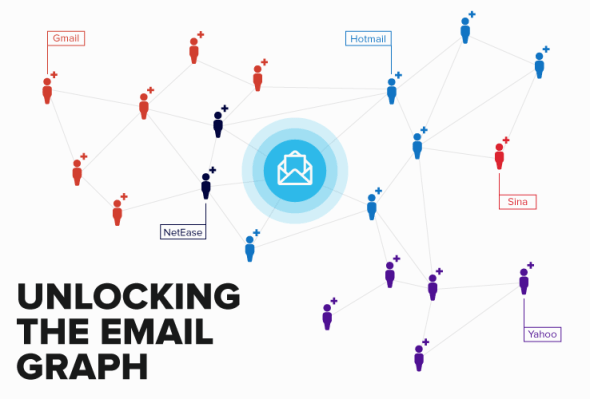You’ve probably heard of the social graph and the interest graph. Now a startup called ShuttleCloud says it’s trying to help developers with “unlocking the email graph.”
By email graph, ShuttleCloud means “the contacts and the relationships buried within your email,” according to Bob Greenlees, the company’s director of operations and business development. He told me that ShuttleCloud has already been working some big customers, including Google and Comcast, but now it’s making the technology available to a wider range of developers through its API.
On a basic level, ShuttleCloud (which was incubated at TechStars) makes it easier to integrate online address books into an app’s on-boarding and growth process. For example, if you build a social app and want users to invite their email contacts to join, you could try to build integrations with all the likely email services — or you could just use the ShuttleCloud API, which the company says can currently import address books from 242 email providers. (I haven’t seen anything that competes directly with ShuttleCloud, but the pitch reminded me of other companies that are building integration tools for developers — for example, mParticle aims to be the single integration point for mobile data.)
These tools could be helpful for an early-stage startup with limited resources, but Greenlees said that these integrations can still be a pain for larger companies, particularly when they want to expand internationally (which can involve supporting a whole new list of email providers).
And as I hinted above, the broader vision goes beyond importing contacts. Greenlees said ShuttleCloud wants to provide insights to help customers take advantage of the fact that email is “a really rich source of data.” So in the “invite your friends” example above, instead of just presenting you with a long list of contacts, ShuttleCloud might suggest the friends who are most likely to say yes to an invite.
Asked about the privacy implications, Greenlees responded, “It’s the user’s data. This is just enabling the user to take that data with them.” Fair enough, but doesn’t inbox have data about other people, too?
“The type of insights that we’re able to draw are not something that would surprise the individual user or the recipient of the invite — like, how frequently they’re contacting each other,” he said. He also argued that with this data, ShuttleCloud should enable smarter, more personal communication, rather than email blasts that go to everyone in your address book and feel spammy.
